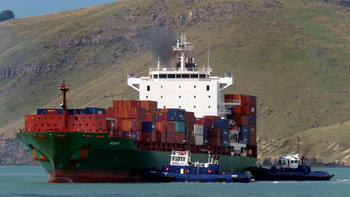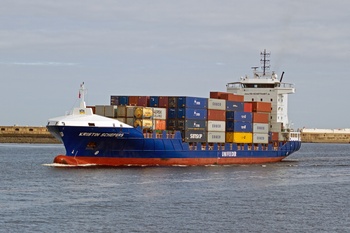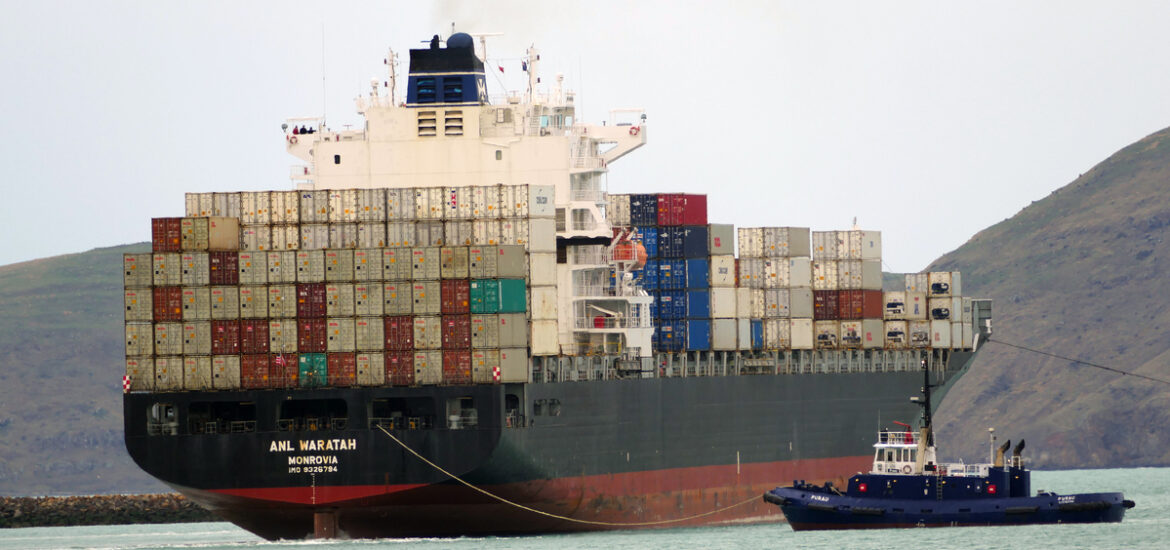The global economy relies on the seamless movement of goods from manufacturers to consumers, and the backbone of this international trade is the shipping of commercial goods. Whether it’s raw materials, finished products, or consumer goods, the efficient transportation of goods plays a pivotal role in the success of businesses worldwide. In this article, we’ll explore the world of shipping commercial goods, the methods and considerations involved, and the vital role it plays in the global marketplace.
The Importance of Shipping Commercial Goods
- Global Trade: Shipping is the lifeblood of the global economy, facilitating trade between countries and regions. It allows for the exchange of goods on a scale unimaginable without it.
- Access to Resources: Shipping enables access to resources from around the world. Companies can source materials, components, and products globally, allowing for cost-effective manufacturing and production.
- Consumer Access: Shipping ensures that consumers have access to a wide range of products, from electronics to clothing, regardless of where they are produced.
 Methods of Shipping Commercial Goods
Methods of Shipping Commercial Goods
- Container Shipping: The most common method, container shipping involves loading goods into standardized containers that are easily transferred between ships, trucks, and trains.
- Bulk Shipping: Ideal for raw materials like coal, oil, and grain, bulk shipping involves the direct loading of goods onto ships, typically without packaging.
- Air Freight: Air cargo is the fastest method for shipping goods, making it ideal for high-value, perishable, and time-sensitive products.
- Rail Freight: For landlocked regions, rail transport is a cost-effective and efficient way to move goods over long distances.
- Intermodal Transport: Combining multiple methods, such as shipping containers on ships, then transferring them to trucks or trains, offers a flexible and integrated approach.
Considerations for Shipping Commercial Goods
- Packaging: Proper packaging is crucial to protect goods during transit and minimize the risk of damage.
- Regulations and Documentation: Compliance with international regulations and accurate documentation is essential to prevent delays and ensure smooth customs clearance.
- Transportation Costs: Transportation costs can vary significantly based on the method, distance, and mode of shipping.
- Shipping Insurance: Consider insuring your goods to protect against potential losses or damage during transit.
- Customs and Duties: Understanding the commercial customs and duties regulations of the destination country is vital to prevent unexpected costs or delays.
The Role of Freight Forwarders
Freight forwarders play a critical role in the shipping of commercial goods. They are experts in the logistics and documentation required for international trade. Their services include:
- Documentation: Freight forwarders handle the necessary paperwork, including bills of lading, customs documents, and export/import permits.
- Transportation Coordination: They coordinate the movement of goods, including selecting carriers and arranging transport.
- Warehousing: Many freight forwarders offer warehousing services for temporary storage of goods before shipping.
- Customs Clearance: Freight forwarders help ensure goods clear customs at their destination without issues.
- Insurance: They can assist with shipping insurance to protect against loss or damage.
The Role of Shipping Companies
Shipping companies, also known as carriers, are responsible for the actual transportation of goods. They offer several essential services:
- Vessel or Vehicle Provision: Shipping companies provide the ships, trucks, or aircraft needed to transport goods.
- Loading and Unloading: They oversee the loading and unloading of goods at various points along the shipping route.
- Route Planning: Shipping companies determine the most efficient route for transporting goods, factoring in time, cost, and safety.
- Scheduling: They create schedules for shipping services, ensuring timely delivery.
- Tracking: Many shipping companies offer tracking services that allow clients to monitor the status and location of their goods.
Global Shipping Challenges
- Port Congestion: Major ports worldwide often face congestion issues, resulting in delays and increased costs.
- Environmental Concerns: The shipping industry is under pressure to reduce its environmental impact and adopt more sustainable practices.
- Security Concerns: Protecting goods from theft, piracy, and terrorism remains a significant challenge.
- Technological Integration: The industry is working to integrate technology, such as blockchain and IoT devices, to improve tracking and transparency.

The Future of Shipping Commercial Goods
The shipping industry is constantly evolving to meet the changing needs of global trade:
- Automation: Automation is being implemented in various aspects of shipping, from autonomous ships to robotic cargo handling.
- Green Shipping: The industry is moving towards cleaner, more sustainable practices to reduce its carbon footprint.
- Digitalization: Digital platforms and technologies are improving transparency, efficiency, and communication in the industry.
- Collaboration: Shipping companies are increasingly collaborating to address challenges and improve efficiency.
Conclusion
Shipping commercial goods is the lifeblood of the global economy, enabling the flow of products from manufacturers to consumers around the world. The methods and considerations involved in shipping are vast and complex, requiring a combination of expertise, technology, and global collaboration to ensure goods reach their destination efficiently and intact. As the industry continues to evolve, addressing challenges and embracing innovation, it will play a pivotal role in shaping the future of global trade.

